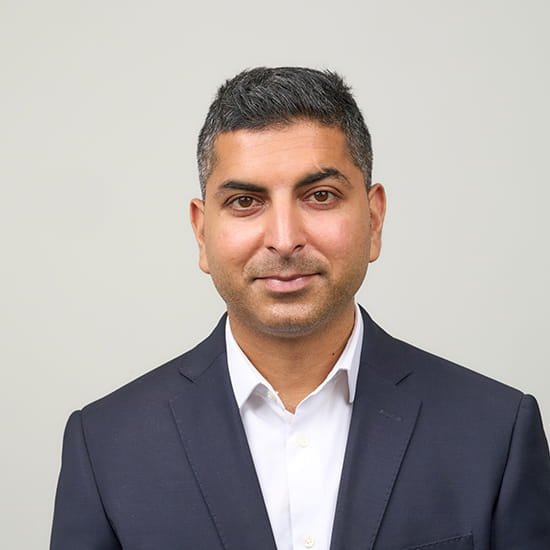The reported case of Wilmott v Royal Berkshire NHS Foundation Trust (2021) illustrates the importance of carefully and appropriately investigating claims involving more than one defendant, and for litigation to be conducted efficiently and proportionately. It also demonstrates the need to instruct experienced medical negligence solicitors who are aware of the potential pitfalls in litigation and are able to navigate around them.
In this case, the claimant, Ms Wilmott, brought a claim for compensation against an NHS Trust and against a second defendant GP. Her case was that she had not been properly treated in A&E, causing her to suffer additional injury and loss.
Case brought without appropriate independent expert evidence
Independent expert evidence was obtained from a consultant surgeon, rather than an A&E expert. After coming into some difficulty with this, Ms Wilmott discontinued her claim against the NHS Trust. The Trust then applied for what’s called a ‘wasted costs order’ in defending the claim. The judge awarded the NHS Trust an amount based on costs they had incurred (wasted) since Ms Wilmott had notified them that she was discontinuing her claim against them.
However, the NHS Trust argued that the amount of costs ordered should have been based on the entire costs of defending the action. At a later hearing, the judge agreed and increased the order for wasted costs to the entire cost of defending the claim.
A late application to appeal the decision was made but was refused. It was held by the Judge that the claim against the NHS Trust had been discontinued because a case had been brought against it without appropriate expert evidence.
It did not automatically follow that the full amount of costs that the claimant was liable to pay should have been awarded, however, the judge held that even if the sum awarded was not the full amount, it wouldn’t been far off. Permission to appeal was also refused as the judge held that there had been no good reason for the delay in bringing the application and even if the appeal proceeded, Ms Wilmott would not do much better than having to pay the full amount ordered.
GPs are not employees of the NHS
The case also illustrates the pitfalls of a common misconception – that the NHS is responsible for mistakes made by General Practitioners (GPs). Since the foundation of the NHS in 1948, GPs have remained independent contractors working under contract to the NHS. The majority of GPs are partners in what is effectively a small business. In most cases GPs own or rent their premises, employ and pay their own staff, are individually liable with their own personal professional indemnity insurance cover and have all the usual responsibilities of running a business. Where GPs are different from other enterprises however is that their prime focus is on their patients, not on increasing profit or paying shareholders.
Existing Liabilities Scheme for General Practice (ELSGP)
On 6 April 2020, a new state indemnity scheme for general practice in England - the Existing Liabilities Scheme for General Practice (ELSGP), was established to cover historical liabilities of general practice staff. The scheme provides indemnity cover for NHS clinical negligence claims made against current and former GP members of medical defence organisations, where terms have been agreed in relation to the provision of indemnity cover for their members.
Sumit Morjaria, senior associate and clinical negligence specialist at Shoosmiths, who has acted in several successful claims of this nature comments:
“The advantages of the ELSGP scheme are yet to be seen. However, we would hope that in cases involving multiple defendants, including GP defendants as in the case described, the process of pursing a claim will be much smoother. With one organisation handling the defence of multiple defendants, some claims may be streamlined. Furthermore, it will no longer be necessary to track down indemnity providers of individual GP defendants, with negotiations potentially starting sooner. It is also hoped that NHS Resolution will work to resolve claims sooner, with less time spent on arguing over apportionment of blame, compensation and costs between GP defendants.”
Disclaimer
This information is for educational purposes only and does not constitute legal advice. It is recommended that specific professional advice is sought before acting on any of the information given. © Shoosmiths LLP 2025


















